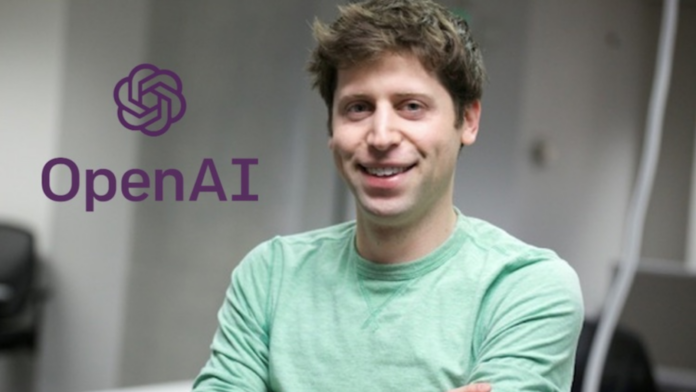In the fast-evolving world of Web3 and cryptocurrency, the need for exceptional talent is more crucial than ever. With AI’s expanding role in recruitment, a figure like Sam Altman, reinstated as OpenAI CEO, is redefining how we approach hiring in this niche yet dynamic sector.
Altman’s Influence on the AI and Crypto Hiring Landscape
Sam Altman’s journey at OpenAI has been nothing short of dramatic. Following a brief exit due to a dispute over AI safety concerns, Altman’s return was prompted by an internal revolt led by key employees. This episode not only highlights Altman’s indispensable role in the company but also underscores a significant shift in labor dynamics, especially in specialized fields like AI and Web3.
Altman’s return speaks volumes about his influence and the growing clout of skilled professionals in the tech industry. In an era where specific skills are becoming increasingly valuable, the power dynamics in hiring are shifting. The case of OpenAI reveals how crucial and irreplaceable talent can challenge and shape company policies.
Rethinking Remote Hiring in the AI Era
Altman’s approach goes beyond just leading a tech giant; it extends to influencing how the job market operates, especially in remote hiring for Web3 and crypto roles. The integration of AI in recruitment processes, a trend gaining traction, could revolutionize how companies discover and hire talent.
AI’s role in remote hiring is twofold. On one hand, it threatens to overshadow single-skill gig workers. However, it also presents an opportunity for individuals with unique or multiple skill sets, particularly in cutting-edge sectors like Web3, to secure more stable and lucrative positions.
AI-Powered Recruitment: A Double-Edged Sword
While AI in recruitment can streamline the search for talent, it also raises concerns about narrowing the talent pool. Unilateral AI-driven decisions could inadvertently exclude potential candidates who might be perfect fits but don’t fit traditional criteria. Here, Altman’s strategy of empowering companies with customizable AI models for recruitment comes into play. This allows firms to look beyond conventional recruitment channels, leveraging terms like “AI,” “Web3,” and “remote hiring” to uncover hidden gems in the job market.
The Economic Context: A Catalyst for Change
The backdrop of economic fluctuations, such as the recent actions by the Bank of England, further complicates the job market. Rising inflation and potential interest rate hikes could lead to more job losses, emphasizing the need for robust and flexible hiring practices. In this context, remote workers and the gig economy play a pivotal role, one that requires deeper analysis to understand their impact on the broader economic landscape.
Conclusion: Shaping the Future of Work
Sam Altman’s return to OpenAI and his impact on recruitment strategies in the tech world, particularly in Web3 and crypto, is a testament to the changing dynamics of the job market. As AI becomes more integrated into hiring practices, companies and candidates alike must adapt to this new era of talent acquisition. Altman’s vision offers a glimpse into a future where AI not only transforms the way we work but also how we find and nurture the talent driving these industries forward.
As we embrace these changes, it’s crucial to remain vigilant about the broader implications, ensuring that technology serves to broaden, not narrow, the talent pool, and supports a more inclusive and dynamic job market.















